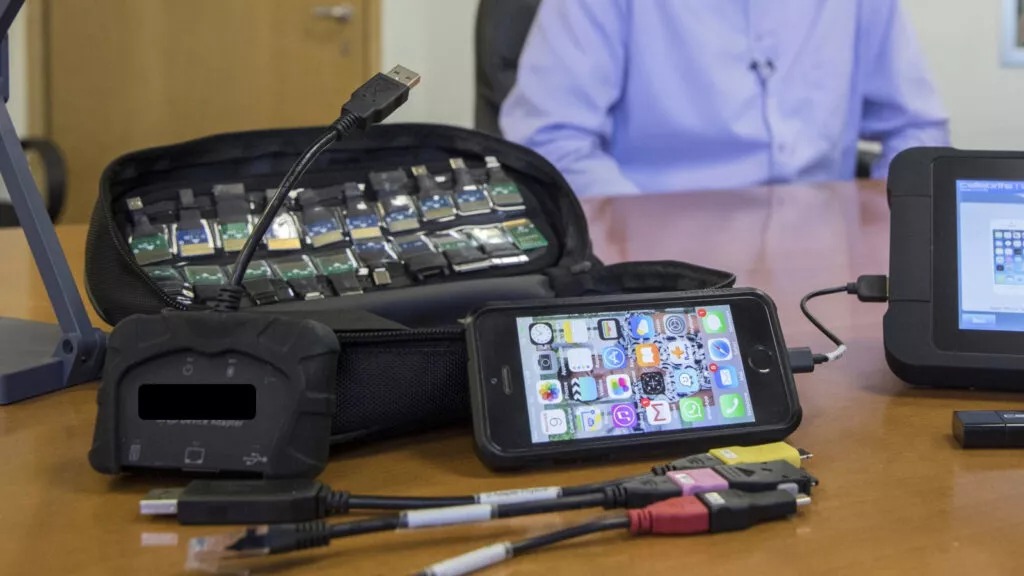Serious problems arise in the efforts of the Cyprus Police to investigate crimes, due to the handling of seized phones and other devices belonging to individuals suspected of planning or committing crimes.
Indeed, the whole issue has concerned top officials of the police force, who have taken similar actions to address the phenomenon.
Members of the police force, following search warrants issued by competent Courts against suspected criminals, seize the phones or tablets of the latter.
The Cyprus Police have the technological equipment to create forensic copies of the data extracted from these devices.
Through the data obtained from the devices of suspects of crimes, there is the possibility of investigating crimes by obtaining significant evidence, while at the same time providing support for a case in court.
However, as Phileleftheros reports, in several cases, when a search warrant against a suspect is executed successfully, and the devices are seized, they are not handled properly by the police officers investigating the cases.
This is also related to the measures taken by the suspects.
One of the most serious problems that has arisen during the investigative work of the Police is that the seized mobile phones by the investigators of a case are not immediately transferred to the competent department of the Police, which is the Electronic Data Forensic Laboratory (EDFL).
The EDFL is a part of the Electronic Crime Subdivision, which in turn is under the Crime Fighting Department of the Police Headquarters.
This delay results in the devices received by the EDFL being deactivated due to battery depletion.
This phenomenon, combined with the fact that suspects have made arrangements to protect their mobile phones with unlock codes or unlock patterns, minimizes the chances of creating a forensic copy of the device’s contents by the Police.
Therefore, significant difficulties arise in examining the evidence.
At the same time, there is no legal provision obliging anyone to provide access codes for their devices in the context of criminal investigations.
Handling such evidence is by no means simple.
It is indicative that when an investigator of a case physically examines a seized mobile phone, there is a risk of tampering with the evidence. It is something that is not recommended.
Furthermore, it has been observed both in Cyprus and internationally that criminals take special measures so that if the Police seize a device belonging to them, they cannot intervene.
Specifically, devices have been programmed in such a way that when activated, their data is permanently erased. The same applies to locked devices.
There is the same risk of data deletion when a third party tries to unlock them by attempting various unlock codes.
According to information held by Phileleftheros, the issue has concerned competent officials of the Police. Around the middle of last week, all relevant personnel were informed about special measures that must be taken to minimize the risks of losing significant data from mobile phones.
Information has been provided to police directorates, as well as units of the Police such as the Narcotics Suppression Service.
Indicative of the importance of this particular issue is the recent search warrant at the Central Prisons.
As we revealed on philenews on February 1st, the warrant was executed against a convict (simultaneously against an entity friendly to him in Ormidia), based on information about planning a very serious crime.
In this investigation, the mobile phone of the person concerned had been seized. In other words, this phone and its handling were very important for investigating the case with the aim of solving it.






